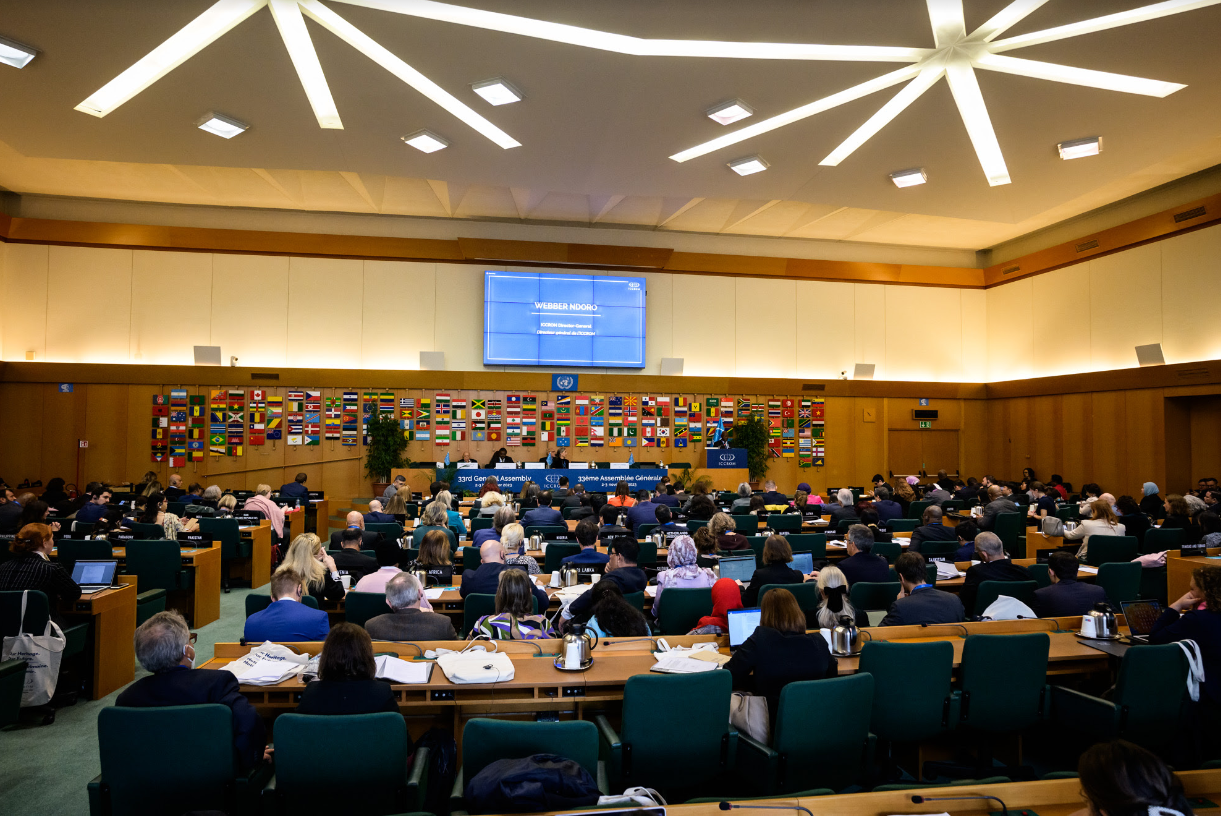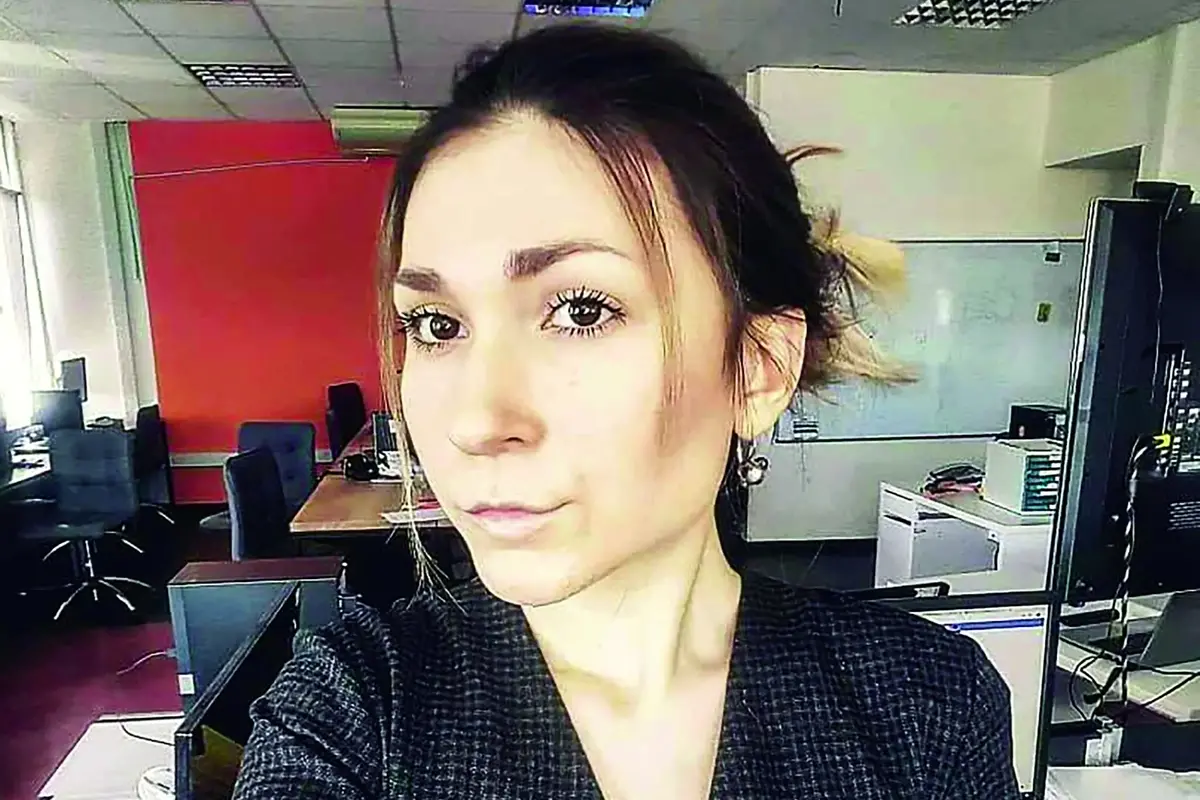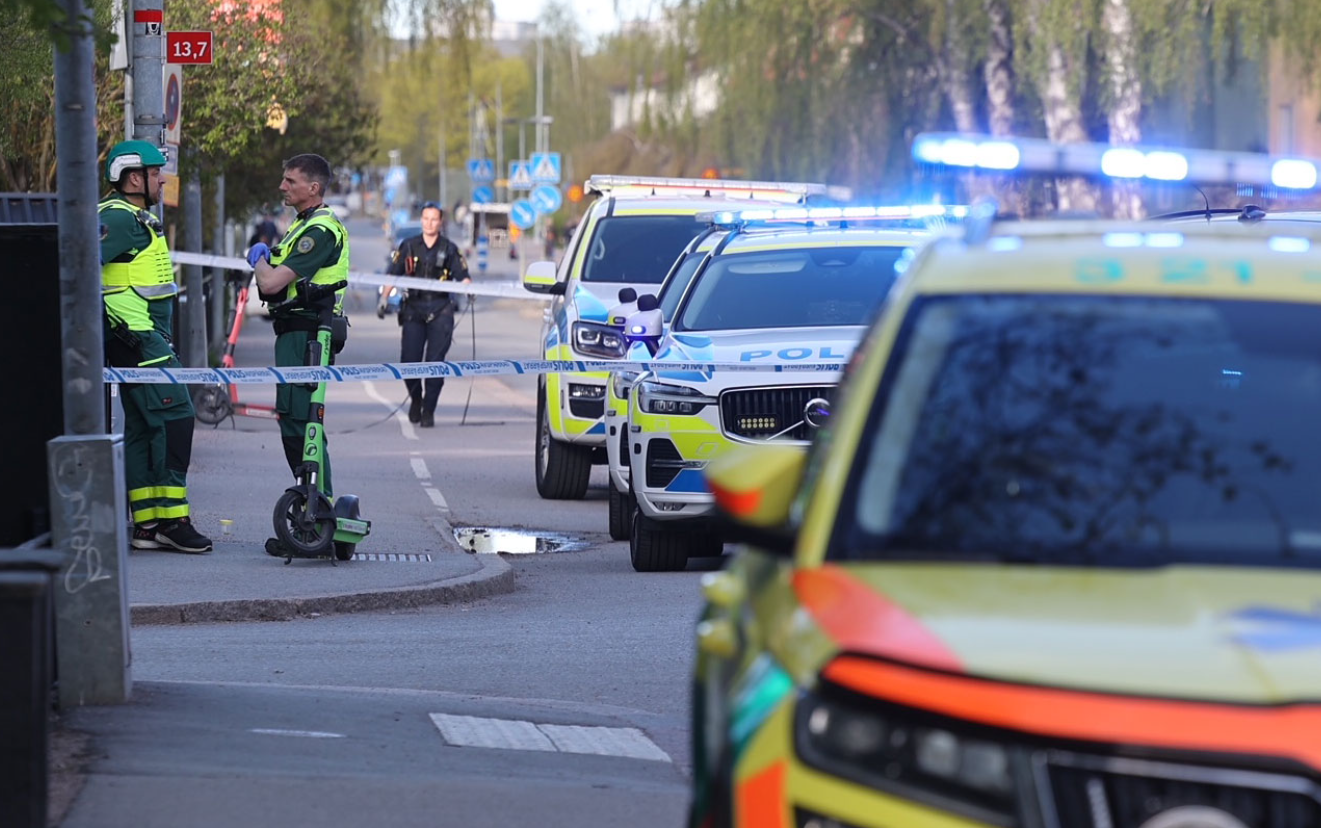2 November 2023 – Rome, Italy: The 33rd session of the ICCROM General Assembly, the International Centre for the Study of the Preservation and Restoration of Cultural Property, was inaugurated today in Rome. The two-day event, held from 2-3 November, includes several panel sessions, discussions, and presentations on key issues relevant to the current and future challenges, concerns, and pressing issues related to preserving cultural heritage in Member States.
National delegations from ICCROM’s 137 Member States, as well as observers from non-Member States, intergovernmental organizations, and other partnering institutions, attended the 33rd General Assembly to discuss and enhance the organization’s strategic directions and work plan and elect its new governing Council. This diverse mix of participants ensures a comprehensive and well-rounded perspective in the discussions and decision-making processes.
Several representatives of international and Italian organizations attended the official inauguration of the event. They gave opening addresses in which they stressed the importance of this biannual meeting to determine the current status of the organization and its future vision. Keynote speakers at the opening included Dr Qu Dongyu, Director-General of the Food and Agriculture Organization of the United Nations (FAO); Ms Maria Tripodi, Undersecretary of State for Foreign Affairs and International Cooperation in Italy; and Mr Lazare Eloundou Assomo, Director of World Heritage at UNESCO; and Dr Webber Ndoro, Director-General of ICCROM.
QU Dongyu, Director-General of the Food and Agriculture Organization of the United Nations (FAO), stressed the importance of ICCROM as an organization seeking to maintain and preserve worldwide cultural heritage. “FAO shares ICCROM’s dedication to promote the conservation, knowledge-sharing, and dissemination of best practices for the conservation of cultural heritage worldwide,” he said. “The longstanding collaboration between FAO and ICCROM shows how important it is to draw upon heritage to build a better world for future generations.”
The Director-General of FAO stressed the importance of heritage sites to address the current global challenges. “Heritage sites can provide answers to the main challenges arising from the climate crisis, biodiversity loss, food insecurity and others,” he said. He added that “we must learn from the way these communities have been wisely managing natural resources in a sustainable manner, with local characteristics.” The Director-General concluded his address by wishing the participants a successful General Assembly.
Ms. Maria Tripodi, Vice Minister of Foreign Affairs in Italy, reaffirmed the great importance the work of ICCROM, hosted in Rome for more than 60 years, has for Italy. “It is the precise intention of the Government, which looks with interest and appreciation at the most recent and positive results, to give even greater impetus to relations with ICCROM, supporting it in its programs and in its now-underway work of important transformation and modernization,” she said. “In fact, we all believe that every action aimed at making ICCROM more visible and known, even outside the circle of heritage experts, is the key to giving it the role that has long been hoped for in order to fully unfold its great potential.”
“Over time, ICCROM has been able to grasp the growing importance of culture in international relations, to the point of becoming an instrument of diplomacy and soft power for Member States. Italy, as a host country, feels the importance of ensuring effective protection and valorization of cultural heritage in all its form,” she stated. “A virtuous example is represented by the strengthened collaboration, especially in the training programs – always supported by the Italian Cooperation – aimed at the youth of Africa destined to become, demographically, the youth of the world.”
Dr Lazare Eloundou Assomo, Director of World Heritage at UNESCO, spoke on behalf of the UNESCO Director-General, stating, “ICCROM has a pivotal role in supporting the preservation of our world’s cultural heritage and hence is a pillar partner of UNESCO – and notably of the World Heritage Centre – through its capacity-building and research activities and as a leading Advisory Body to the World Heritage Committee.” Dr. Eloundou Assomo remarked on ICCROM’s role in creating invaluable tools for policymakers and heritage professionals on diverse and pressing topics.
Dr Eloundou Assomo added that, among the achievements and contributions of ICCROM, the organization has been important in supporting UNESCO’s work to assist countries where heritage was at risk, such as Mosul and Ukraine. He concluded with words of encouragement. “I want to underline the value of our cooperation: our success hinges on collaboration, shared knowledge, and a collective vision for a future where our world’s cultural treasures continue to inspire and educate generations to come,” he stated.
In his opening remarks, ICCROM’s Director-General Dr Webber Ndoro welcomed all delegations and participants, expressing his deep thanks and appreciation to the FAO for hosting this event and to all Member States and local and international partners for supporting ICCROM’s programs and activities. “With its Member States, ICCROM has constantly strived to maintain its unique character as a technical organization with a vast mandate to promote the conservation of cultural heritage worldwide. It is a pleasure to welcome Tajikistan as a new Member State to ICCROM since 17 April 2022,” Dr Ndoro said.
Dr Ndoro pointed to the threats posed to people and heritage by climate change and political, social, and economic pressures during the past six years in which he “had the privilege of heading this extraordinary organization” and stressed the need for effective and sustainable conservation and management of heritage and increasing its resilience by focusing on integrated and intersectoral collaboration, involving people, nature, and culture. “We must involve young people, in particular, to ensure our heritage plays a significant role in our societies today and in the future,” he stated.
Dr Ndoro concluded his opening remarks by thanking the Member States for their confidence in him to lead ICCROM. “My work at ICCROM has been the result of a dedicated and professional team with whom I had the privilege and pleasure of sharing six years of my life. Whatever we were able to achieve is a tribute to their passion, commitment, and professionalism,” he said.
The participants also discussed the financial situation and digital transformation, approved draft amendments submitted by the Council and Member States, and reviewed activities and projects implemented by its various programmes during the period of 2022-2023, as well as the programme of activities and budget for the next two years (2024-2025).
Several activities and events are organized on the sidelines of the 33rd session of the General Assembly, the most important of which is a thematic discussion on the concept of “Heritage and Migration” and the announcement of the winner of the ICCROM Award. In addition, the fruitful collaboration between ICCROM and Italy, the host of its headquarters, and the United Arab Emirates, the host of the ICCROM Sharjah Regional Office, will be highlighted.
More information about ICCROM and its activities may be found on its website https://www.iccrom.org/
The website is available in several languages (English, French, Spanish, Italian and Arabic).
News and updates about the 33rd General Assembly will be posted on ICCROM’s Facebook, Instagram, LinkedIn, and Twitter accounts.







Leave a Reply